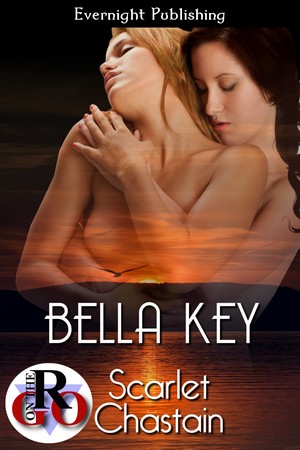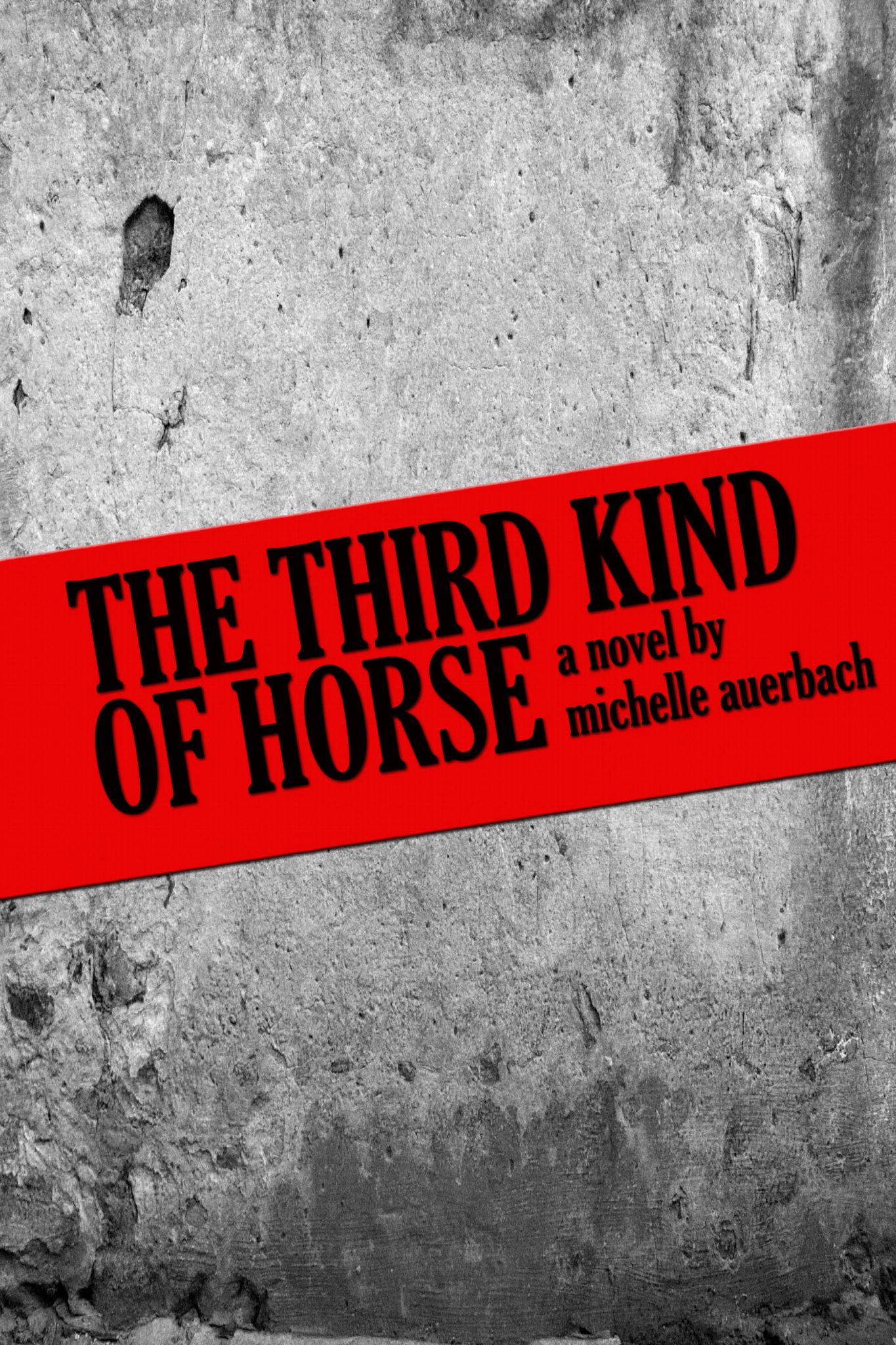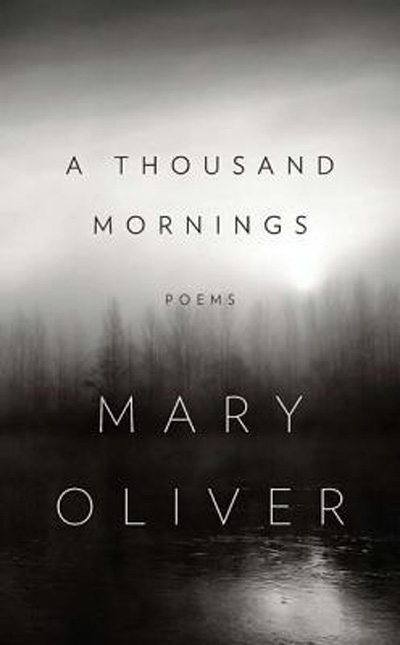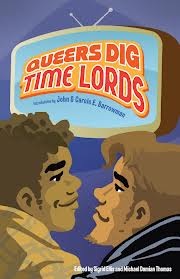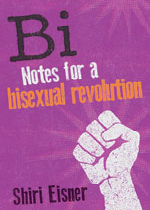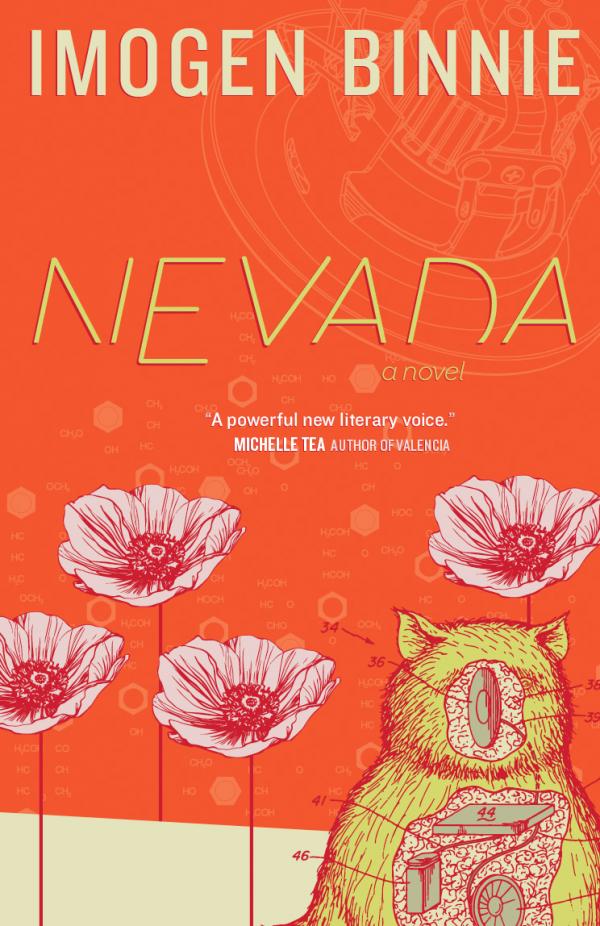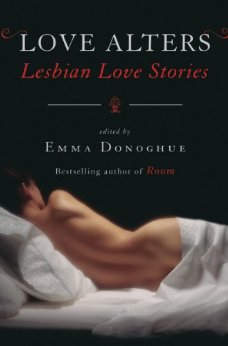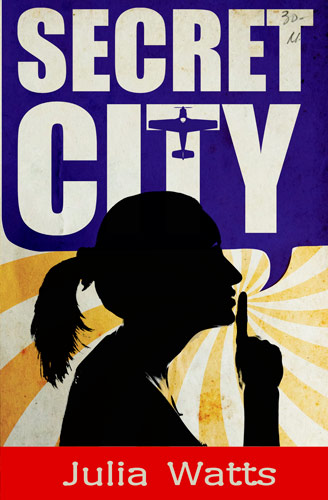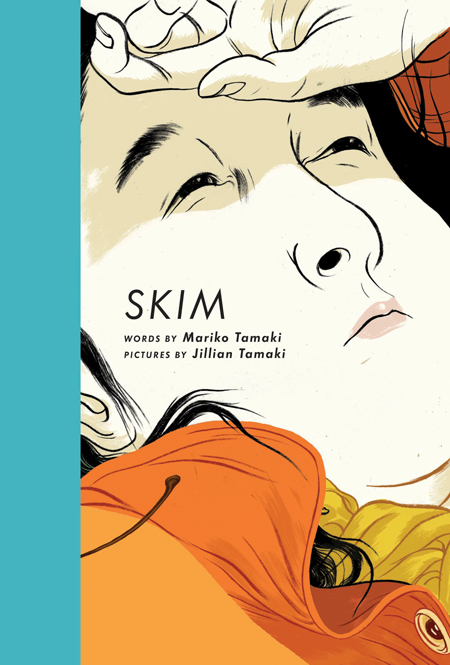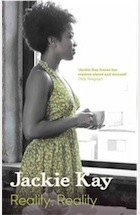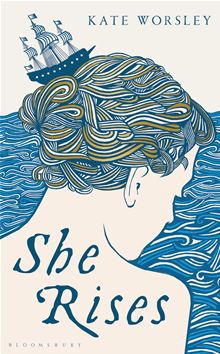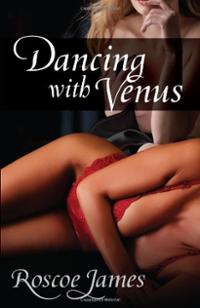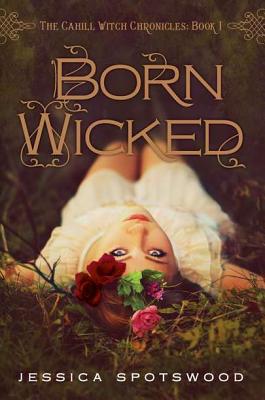British author Ke Payne has kindly agreed to answer some questions for this blog.
Ke Payne, can you introduce yourself in a few words/lines?
I’m a British YA lesbian author with Bold Strokes Books. I was born and grew up in Bath, in South West England, but now I live in chaotic bliss in the Cotswolds with my partner, one scruffy Jack Russell terrier and two not-so-scruffy guinea pigs.
As a child and teenager what were the books that made an impression on you?
I remember reading Charles Dickens’s A Christmas Carol at school, and it making quite an impression on me. While I had a sneaky feeling that I wouldn’t be visited by ghosts clad in clanking chains in the night if I was mean to someone, I was certainly struck by how important it is to treat everyone equally and with kindness. A book suggesting that one person can be shown the error of his ways, make him stop and think about which way his life is heading, then have a rethink and emerge a better person is as important today as when it was written 160 years ago.
Who are your favorite authors today and do you think their writings influence your own?
I’m a fan of Kate Morton, and love both the intricacies and Englishness of her novels. I like that her stories sway from the past to the present and back again, so that you can see how everything that happened in a character’s past influences everything about their present and, possibly, their future.
I wouldn’t say her writing influences me though. I’d love to be able to write something as complex as she does, but I can’t ever see that happening!
Who are your favorite lesbian authors?
Sarah Waters is a firm favourite. Her descriptions of London – whether Victorian or Second World War – are so evocative I can almost imagine the smog and noise. I love the way she weaves a story, with its various twists and turns too. Even though I’ve read Fingersmith lots of times, I still really enjoy the twist in it.
I also love a good Gerri Hill novel which, on a long summer afternoon lazing in the garden, can be hard to put down.
How many books have you written so far?
I’ve been lucky enough to have four novels published so far with Bold Strokes Books: 365 Days, me@you.com, Another 365 Days and The Road to Her. I’ve just had my fifth, Because of Her, accepted too. That’s scheduled for some time in 2014, I believe.
Why do you write YA fiction?
I write YA because I can remember just how much a book written specifically for a teenager/young person affected me at that age, both positively and sometimes negatively. After I wrote 365 Days, I had lots of emails and letters from teenage readers telling me just how true to life it was, and how much it had helped them personally. I also got lots of correspondence from people in their twenties, thirties and forties telling me they wished they’d been able to read a book like it when they were a teenager and going through the same anxieties that Clemmie, the main character, was going through. As a writer, it’s immensely gratifying to know that something you’ve written might have helped someone, in whatever small way, realise that they’re not alone, and that there are others out there sharing the same worries and confusion.
What other YA authors do you enjoy reading?
Michael Morpurgo who wrote, amongst others, War Horse. I think it’s important not to patronise YA readers and not to write more simply just because your target audience happens to be teenagers and young adults. Michael Morpurgo does that perfectly.
What inspired you to write your first novel?
About five years ago I found an old diary of mine on a visit home. It was one from when I was struggling to work out who I was, and every day’s entry was more anxiety-ridden than the last. Even though it made me a bit sad reading it, remembering a time when I was confused about my sexuality and in love with a girl at school who didn’t even know I existed, it still made me laugh as I’d peppered it with humour as, presumably, that was the only way I could cope with things back then.
After reading my diary I knew I wanted to write something that showed that, although being a teenager can be fraught with angst and unrequited love, it doesn’t have to be all doom and gloom, and that it’s important to find the funny in the most unfunny of situations. 365 Days was borne out of that, written as a diary, about a girl who, to all intents and purposes, is probably me…
Would you say that you write lesbian fiction or novels where lesbians are the main characters?
That’s a tricky question. I classify lesbian fiction as being fiction written exclusively for lesbians, so I would say I write novels where lesbians are the main characters. The plot should be more than just the fact they are lesbians – the fact that they are is secondary (and a bonus!) The main point is that each character is just trying to go about their lives, but inevitably a girl catches their eye and confuses things.
Did you know right from the start that you wanted to write this kind of novel?
No. I started life as a short story writer for UK women’s magazines but when a friend leant me some Gerri Hill books, I immediately realised that I wanted to write the kind of books that I would rather read myself.
I still write short stories (under a pseudonym) as they help pay the bills, but it’s writing YA novels that I enjoy the most.
Does it make a difference to be a British and/or a European author?
Definitely. 365 Days and its sequel, Another 365 Days are as British as afternoon tea and biscuits. My humour, too, is very British, and not everyone gets it. As I’m published by a US publisher, they do sometimes ask me to write things that are more universally understood, especially when it comes to brand names which could be exclusively British. Of course, I’m always more than happy to do that. However, I do still read comments from reviewers who complain that they can’t understand my English “slang”, and that, for them, it ruins the book.
Whilst that’s disappointing, it’s still slightly better than the comments I receive complaining about my “English mistakes”, when what they mean is “non-American English”. I guess you can’t please all the people all the time, can you?
How did you conceive the plot for The Road to Her?
My favourite British soap recently had a lesbian storyline, which was a first for that particular soap. It got me thinking: how would the two actresses playing these characters react if their on-screen chemistry spilled over into real life?
So I wrote The Road to Her, where my two main characters are well-known soap actresses who fall in love on screen, only to start to fall for each other off screen too. I wanted to know what they would do. Would they just see it as blurring fiction with real life, and ignore it, or would they act on those feelings? Maybe their careers would be more important to them? Or maybe they’re both just confused. So many questions needing so many answers…
Do you draw your inspiration for your main characters from real life? Or do you totally invent them?
They’re mostly figments of my imagination. However, there is a lovely character in me@you.com called Joey who might just be a little bit like my partner.
Do you have a favourite character? Which one and why?
I’ll always be very fond of Clemmie Atkins from 365 Days and Another 365 Days, possibly because she was my first ever character but more probably because she’s a total klutz and I love her for it.
Are you currently working on a new book? Would you mind telling us a little about it?
As I mentioned earlier, I recently found out that I’ve had another novel accepted for publication in 2014, so I’m really excited about that. It’s calledBecause of Her and features a main character called Tabby Morton whose life is turned upside down when she has to move to London when her father is headhunted by a major finance company. She’s enrolled in an exclusive school in the hope that it’ll finally make a lady of her, but she hates it. It’s only when the kind and lovely Eden Palmer walks into her classroom one day and catches her eye, that Tabby begins to think that life in London’s not so bad after all.
I’m also currently halfway through writing a sixth novel, provisionally titled Once The Clouds Have Gone, about a girl who has to return home after many years when father dies and she inherits his business. It’s another YA romance, so of course there’s a stunning girl waiting in the wings to stir things up a bit…
Thank you Ke for your availability and your time!

